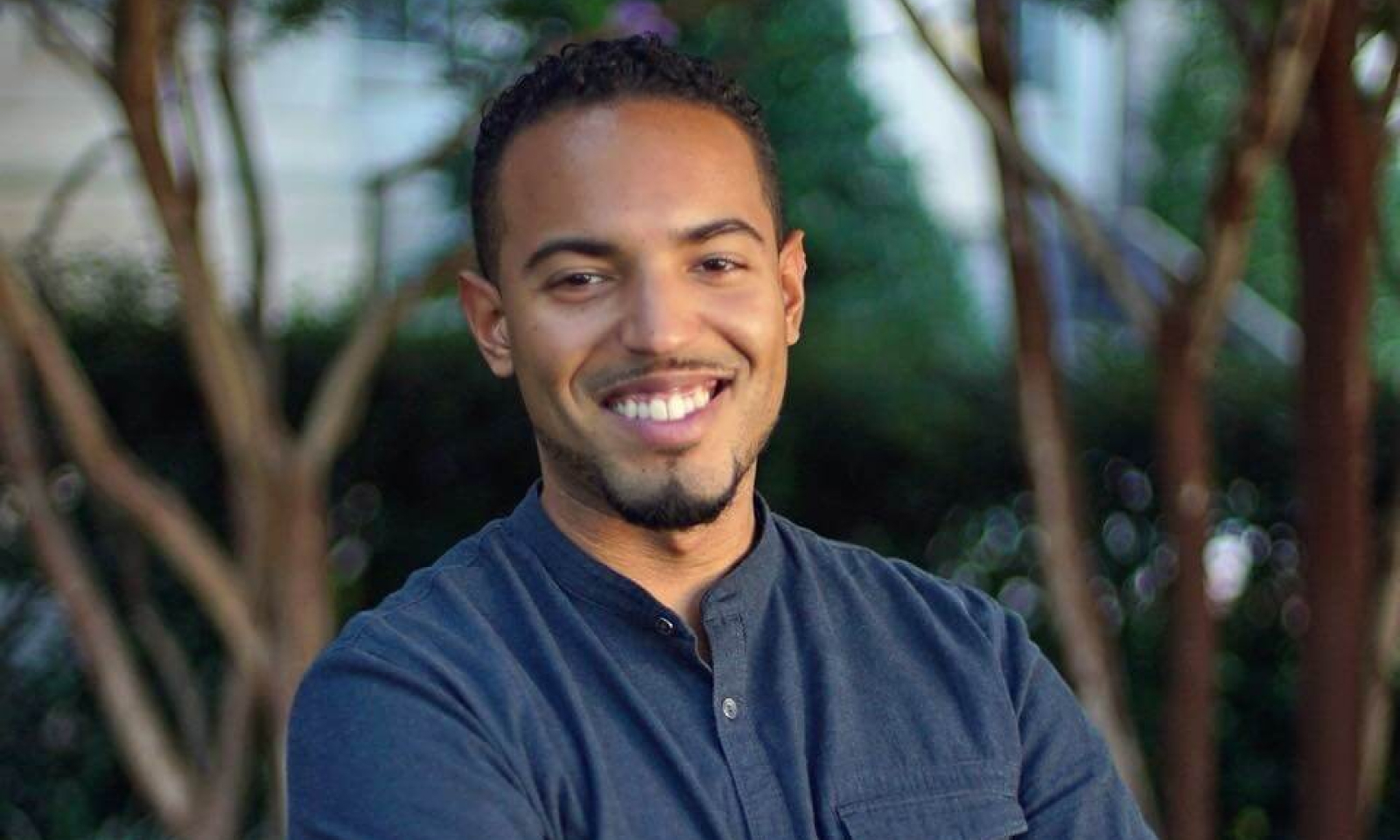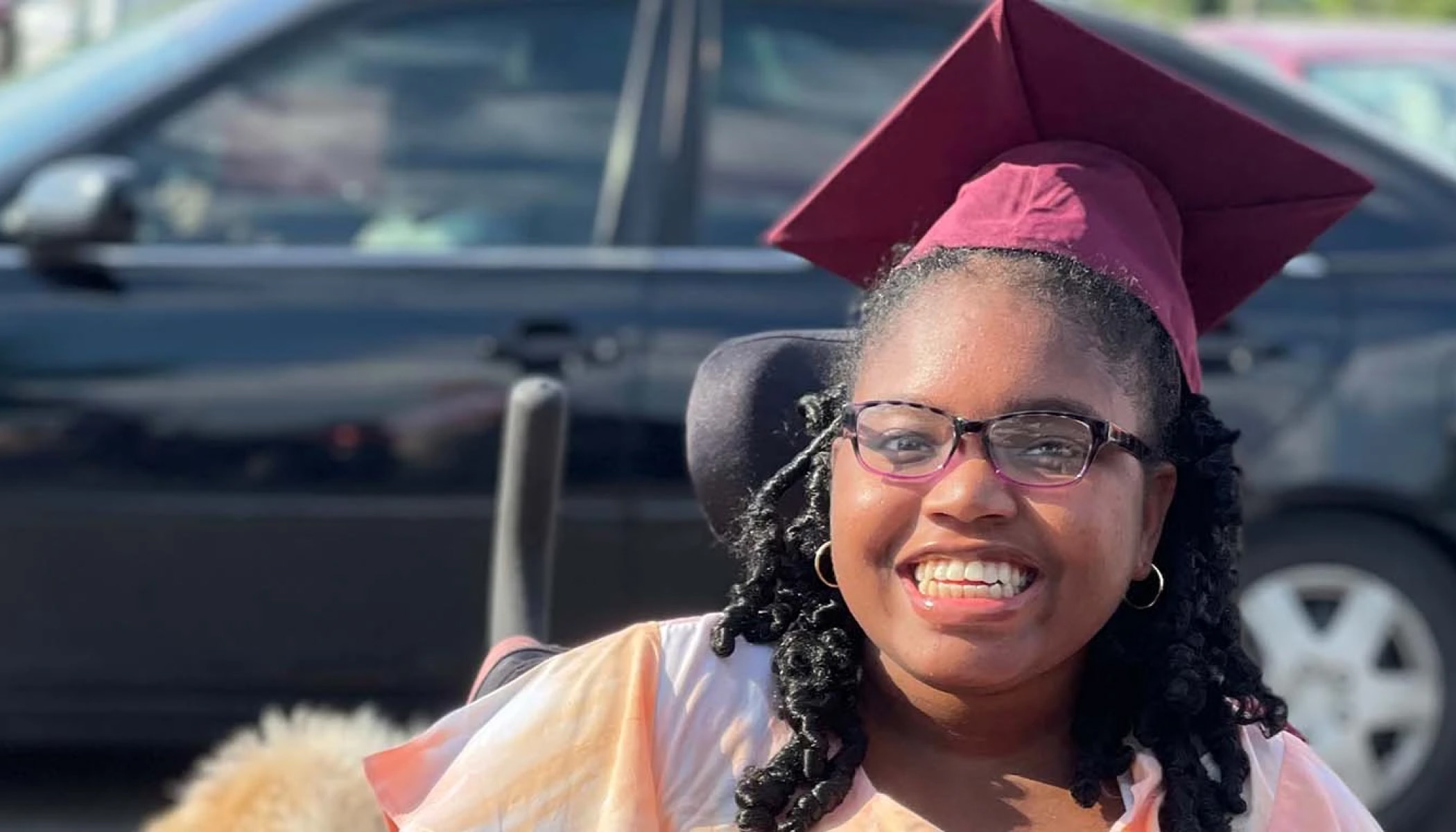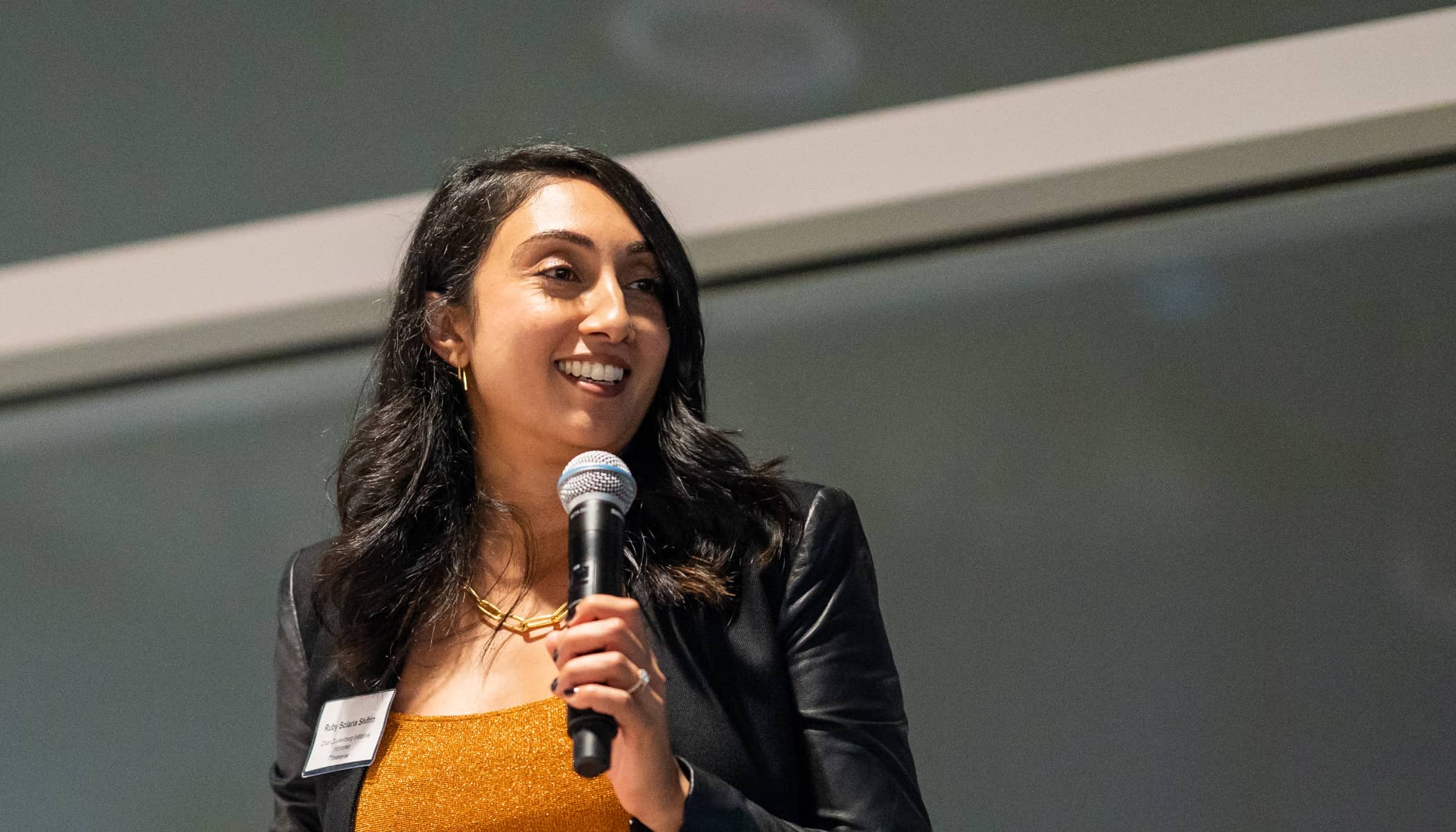Oct 8, 2020 · 3 min read
Developing Leaders to Transform the Criminal Justice System
The urgent need for redesigning our criminal justice system has never been more apparent—in the midst of the Black Lives Matter protests, and the recent deaths of George Floyd, Breonna Taylor, Daniel Prude, and so many others. Currently the justice system’s emphasis is on punishment and not on rehabilitation, but we believe that criminal justice reform is possible and will benefit most from empowering those closest to the problem to also be centered in creating the solutions.
Developing leadership to drive the transformation of the criminal justice system is imperative to continuing the advancements in local, state and federal policy that have already been accomplished. In this video, meet our partners at the Formerly Incarcerated, Convicted People and Families Movement (FICPFM), which is a network of more than 50 civil and human rights organizations led by policy and subject matter experts, organizers, thought-leaders, artists, healers and attorneys who also have conviction histories or family members living with conviction histories. The FICPFM network is working towards ending mass incarceration, equality for all people, the right to vote inside and outside of prisons, proper medical treatment, respect and dignity for the children of incarcerated people, and much more.
Recently the Chan Zuckerberg Initiative, FICPFM and Leading Change Network launched the FICPFM Organizer Training Fellowship 2020 to provide formal training in the craft of Community Organizing and six core leadership practices: Coaching, Public Narrative, Relationship Building, Team Building, Strategy, and Mobilizing for Action. Over the course of 6-weeks, 74 system-impacted leaders of FICPFM completed the intensive organizer training. The fellowship focused on teaching core leadership skills, building leadership capacity, cultivating a brave space for learning and restoring agency, and strengthening relationships between individuals and organizations across the criminal justice reform movement. With this structured approach, the training supports the leaders of FICPFM to continue winning campaigns in the time of COVID-19 and beyond. Over 6-weeks, Phase II of this project is the first virtual Train-the-Trainers program of its kind on this curriculum that supports 12 of these leaders in developing their craft to teach and train others across the FICPFM movement and continue to grow their power.
We thought a lot about what it actually takes to not just mobilize for a moment, but to strengthen a movement. True change comes when people most impacted by the problem become authors of their own solutions.

It is during these challenging times—especially as we see the vastly uneven impact that the COVID-19 pandemic is having on Black, Latinx and incarcerated communities—that the necessity of systems change is even more apparent. The FICPFM Fellows now return to the front lines of the movement, reinvigorated and organizing using innovative relational and narrative-driven leadership practices to transform the criminal justice system.





